Gun control has become a sensation over the past few years. There had been debates, opinions, views, and controversies related to the same. The set of legal provisions, policies, and laws that regulates and governs the manufacture, sale, transfer, possession, and use of guns by normal citizens is termed Gun Control. Most countries provide for restrictive policies related to guns with a few exceptions.
The regulations available in the Americas vary from state to state and the US law provides for very few conditions in order to obtain a gun. Having gun ownership is a bane as well as a boon.
The benefits and dangers can be for the gun owners or some other person, depending on the situation. Read the below-detailed guide to know more about Gun Control.
Advantages
Quick Navigation
Gun control comes along with various advantages to the citizens and the economy as well. The advantages are:
1. Self-defence
The foremost advantage of gun control is self-defense. A gun owner is capable to protect himself in case of any dangerous or life-threatening situation. He need not depend on others for help every time and can help himself and protect against the harm which might be caused to him.
2. Reduced Homicide And Suicide Rates
In the countries where there is either a complete ban on the possession of guns or proper gun control laws, there is a reduction in the rates of suicides and homicides. Effective gun-related laws restrict the possession and usage of guns.
3. Legal Requirements
The 2nd amendment to the constitution restricts the right to own guns and ammunition only to military personnel. This restricts the number of people who possess guns.
4. Reduction In Accidental Injuries
Gun control laws restrict the right to having gun ownership and ammunition to a certain category of people. This will reduce the rate of unintentional shootings which cause harm to a large number of people. It will reduce the expenditure of the government on hospital and medical charges.
5. Risk Of Violence Reduced
Studies show that the people who have guns at their homes tend to have a comparatively more violent nature and behaviors. Having gun ownership will reduce the risk of any harm which might be caused to anyone as a result of such behavior and attitude.
Disadvantages
Everything which has advantages come with some disadvantages as well.
The cons of Gun Control are:
1. Mind
The restrictions on possession of guns may lead to reduced crime rates but a person’s mind cannot be changed by the laws. People with criminal tendency might opt for other options as well such as knives, vehicles, explosives etc. to fulfill their purpose.
2. Creation Of The Black Market
When restrictions are imposed on the purchase and possession of guns people tend to purchase them through illegal means. This will result in the creation of a black market concerned with the buying and selling of guns and ammunition.
3. Reduces Self-Dependence
There will be nothing available to the civilians to protect themselves from any harmful situation. They will become more dependent on the police officials for their safety hence, increasing the burden on the government.
4. Security Issues
Gun-related laws will act as a form of the superiority of the government. The civilians will not be available with anything in their self-defense. These will leave the citizens at the mercy of the government and its discretion.
5. The Laws Cannot Change A Person’s Thinking
No law is able change the thought process of a person with a criminal or a guilty intent. The imposing of the Gun Control laws is of no use to such kind of persons. You can see the ill cause of owning guns in examples of mass shootings.
Talking About Facts And Figures
Data related to the use of guns has been published from time to time by the concerned authorities for public access. The data provided is according to the law and only permitted disclosures of facts and figures and other information is made. The statistics about it are undeniable.
- Roughly around 392 million firearms were owned by the U.S. citizens of whom about 140 million were handguns.
- The guns and ammunition manufacturers in the United States earn revenue of 17 billion in a year on an average. The civilians contribute to more than half of it.
- Out of the murders committed in the United States in 2016, 70% of them were committed with firearms.
- It is estimated that gun violence cost the American economy at least 200 billion every year which comprises of the medical and emergency bills as well.
- Around 30000 Americans lost their lives to gun violence, and around 70000 were the victims of gunshot wounds. These are some violent crime numbers.
- The victims of homicides and suicides were around 11000 and 20000 respectively and more than 4.6 billion minors live with unlocked guns at their homes.
The statistics have been increasing gradually with no sign of relief. The comparison of one year to another shows the stark facts and figures differences.
History Of Gun Control
Gun control is nowhere more controversial than in the United States. The proper interpretation of the Second Amendment is also demanded. Gun control is not a new introduction by law; it has been in existence for a very long time.
The gun control law dates back to 1791 when 10 amendments to the U.S. Constitution were ratified. Later in the timeline, the first national gun control legislation was passed on June 26, 1934. It was amended several times due to flaws.
In 1938, the Federal Firearms Act (FFA) provided for a federal firearms license. The FFA was abrogated by the Gun Control Act (GCA) later. In 1939, in the case of The United States v. Miller, the Supreme Court held that the interstate selling of shotgun can be regulated.
The Gun Control Act 1968 was passed following the death of President John F. Kennedy. The FFA was replaced by the GCA in 1968 and added destructive devices and machine guns. The Act banned the import of such guns which have no supporting purpose and provided provisions for age restrictions.
In1968, the Firearm Owner Protection Act was passed and it mainly provided for the protection of the gun owners. The act also slackened the regulations on the sale and transfer of guns. The act amended the definition of “silencer”.
The Brady Handgun Violence Prevention Act was introduced in 1993 and signed by President Bill Clinton. The law amending Gun Control Act (CGA) laid down provisions for the complete background checks of the person before he purchases guns from a licensing authority. Maintained by the FBI was established the National Instant Criminal Background Check System.
A temporary prohibiting provision was passed, known as the assault weapons ban, which was laid down from September 1994 to September 2004. Later in 2004, through the Tiahrt amendment, public release of the criminal data related to the place of purchase of firearms was banned and only authorized officials were entitled to access to the data.
Various amendments and new laws have been introduced for the purpose of making gun control laws better and more useful for the citizens of the United States.
Gun Control Laws
There are a number of laws that regulates use. There are federal laws along with all the state and local governments having gun ownership and ammunition regulating laws. The various acts provide for the provisions and eligibility of a person to own guns.
The acts which provide for the federal laws are:
- National Firearms Act 1934 (NFA)
- Federal Firearms Act 1938 (FFA)
- Gun Control Act 1968 (GCA)
- Gun-Free School Zones Act 1990
- Firearms Owner Protection Act of 1988
- Protection of Lawful Commerce in Arms Act 2005
These are certain Acts in which the laws, rules and regulations relating to the federal laws for gun use are contained.
The eligible persons who can purchase and have gun ownership have been provided by the law.
The law states the eligibility criteria as follows:
- Citizens of the United States or nationals but not citizens of the U.S.
- Aliens lawfully admitted to The United States (Non-immigrants)
- Has obtained 21 years of age or more
Certain categories of people have been exempted or are deemed ineligible to purchase or possess guns and ammunition.
The persons fall as under:
- Convicted by any court of a crime or a fugitive from justice
- An illegal alien
- A person adjudicated as a mental defective
- A person convicted of domestic violence
- A person who has renounced his citizenship of the United States
The Acts lays down the provisions for the manufacturers as well. Any person or business who is concerned with the manufacture of firearms and ammunition must obtain a license for the manufacture of firearms.
Laws Around The World
Besides the United States, there are other countries as well which have Gun Control laws. A few countries provide a complete ban on having gun ownership of any firearms while a few have restrictive laws. Countries which provide permissive laws for gun include:
Albania, Austria, Chad, Republic of Congo, Nigeria, Pakistan, Yemen, Zambia, Honduras and Philippines.
However, there are certain countries which provide for restrictive gun control laws. Nations which have such laws are – Argentina, Spain, Thailand, Germany, Canada, Czech Republic and Turkey. Under Gun control laws, any person who applies for a permit to own guns is required to demonstrate the need of it.
Then there are certain countries which have very strict Gun Control legislation. In these countries, it is very tough or maybe impossible to receive a gun. The nations which impose strict Gun control laws are – China, Greece, India, Hungary, Kuwait, Malaysia, Netherlands, North Korea, South Korea and Vietnam.
Frequently Asked Questions
1. What is the minimum age in which you can purchase or possess any firearm?
The minimum age as prescribed by law for a person to purchase having gun ownership is 21 years.
2. What is the rate of Gun violence in the United States?
As per studies, on an average 9-10 deaths per 100000 people is caused by guns owned by the civilians whic involves some domestic violence and mass shooting too. These are some violent crime.
3. How often do U.S. civilians use guns for self-defence? What is the ratio of use of guns for self-defence vs. to commit a crime?
Around 30% of the incidents reported involved the use of a gun for self-defence by the civilians. Data shows that in order to commit a crime guns are used around10-12 times more than they are used for self-defence.
4. When was the first law related to Gun Control was passed in the United States?
The first Gun Control law in the United States was passed in 1934. It was the first federal law passed in the 20th century – the National Firearms Act (NFA) of 1934.
5. What is the responsibility and role of the NRA in Gun Control?
The role and responsibility of the NRA involves
Teach responsible gun ownership
Teach gun safety and proper gun usage techniques
Create awareness about self-defence
6. How many firearm laws exist in the United States?
Including all the federal laws, state laws and local laws there are an estimated 280-300 gun laws across the country.
7. How many guns can a single person own?
As of now, the federal laws do not restrict or impose any limit on the number of guns a person can own at a time.
8. A gun license or a permit is not required in which states?
Seven states do not require you to carry a permit or a license to carry a handgun within their territory. They are – Maine, Arizona, Kansas, Missouri, Alaska, Vermont and Wyoming.
Final Talk
The aim of the write-up was to provide you with the complete details about Gun control, its history, the federal or state laws etc. You are also made aware of the benefits and negative points of Gun control. Gun control is a popular and controversial topic, everyone should have proper and complete information about it before having gun ownership.
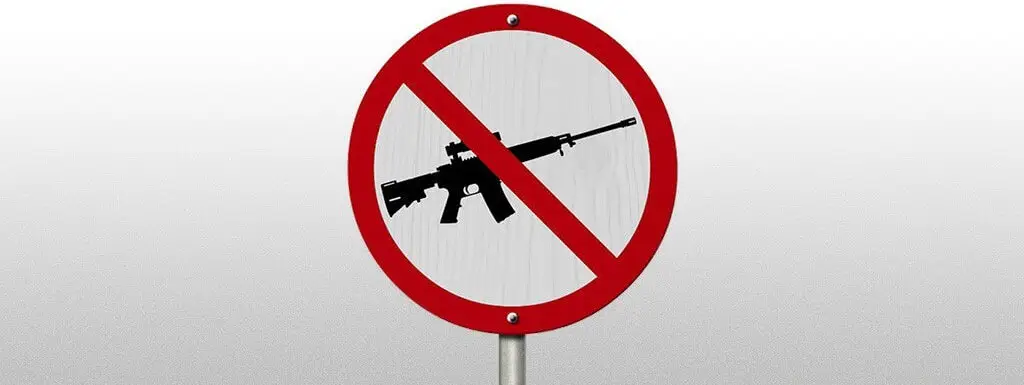


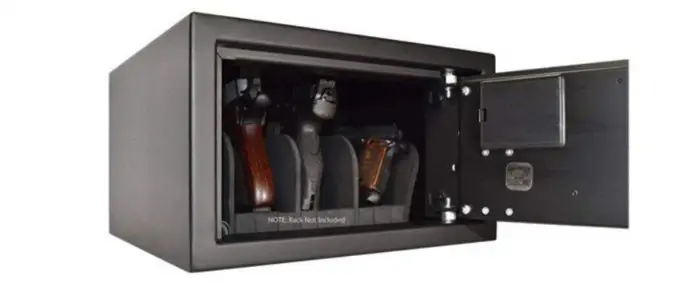
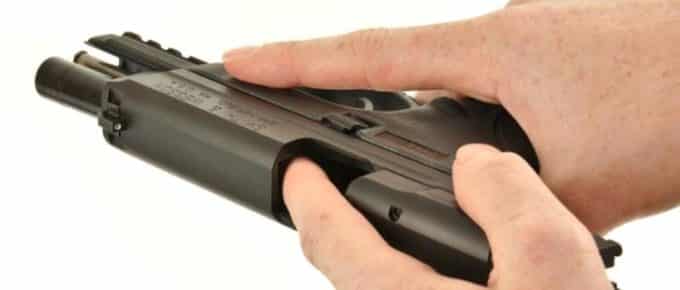
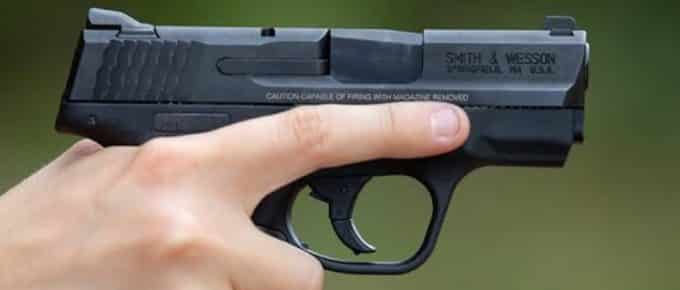
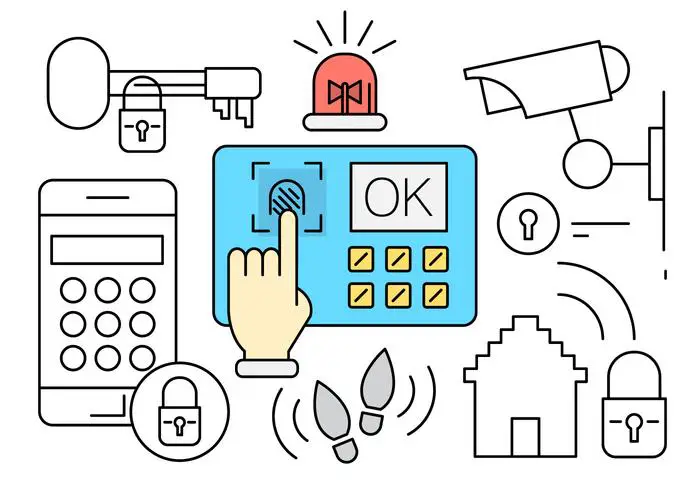
The second amendment does not restrict the rights to own firearms and ammunition to only military personnel. First of all The Second Amendment says: “A well regulated Militia, being necessary to the security of a free State, the right of the people to keep and bear Arms, shall not be infringed.” The Militia were not Military personnel. the were normal citizens. second of all The Second Amendment says it is the right of the people to keep and bear Arms, not only the Militia.